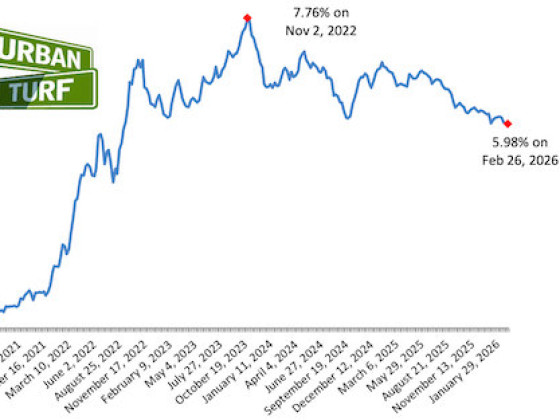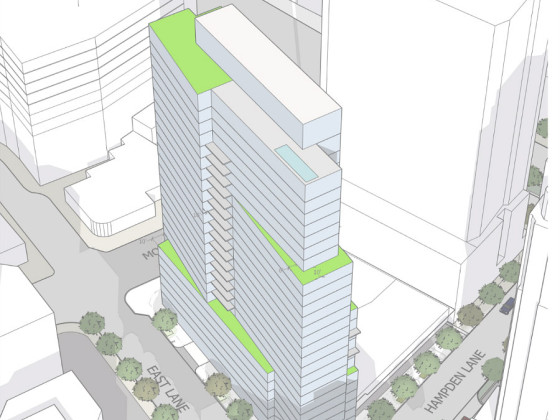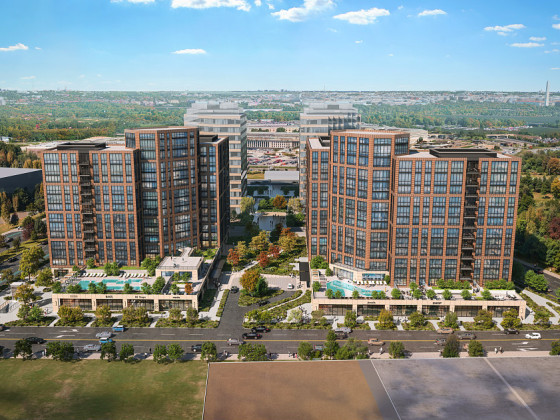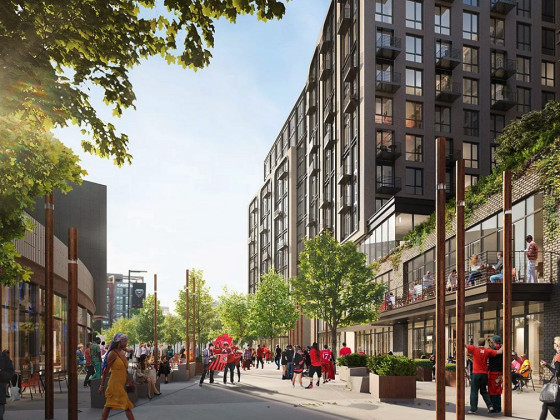 Five Red Flags to Look For During Condo Document Review
Five Red Flags to Look For During Condo Document Review
✉️ Want to forward this article? Click here.
One of the first things you should look at when evaluating a condo is whether it is in good financial health or not. In this edition of First-Timer Primer, we review five potential red flags you may encounter when reviewing documents for a condominium you are considering purchasing.
1) Use Restrictions That Don’t Align With Your Plans For The Condo
The Bylaws and any Rules and Regulations (also sometimes called House Rules) of a condo building will set forth restrictions on how you will be able to use the condo. Here are some of the more common restrictions to consider:
- If you have a pet, make sure there are no size or breed restrictions, and that your type of pet is allowed. Many condos only allow “ordinary domestic pets” (dogs, cats, and caged birds) and aquarium fish.
- If you think you may rent out the condo, check for any restrictions on leasing, such as minimum lease term or a rental cap. Most condos prohibit short term rentals such as Airbnb and VRBO, so if generating revenue from these platforms is part of your plan, you’ll want to make sure you’re allowed to do so.
- Many condos prohibit smoking in common areas like roofs and courtyards, and some even prohibit smoking (and vaping) within individual condos.
story continues below
loading...story continues above
2. Lack of Meeting Minutes
While meeting minutes must be provided to potential purchasers in Virginia, they are not required to be provided in DC and Maryland. Ask for them anyway. If no meeting minutes exist (as is sometimes the case with small associations), that will give you insight into how the association is run. If they exist, but a DC or Maryland condo refuses to provide them, you should ask questions about the reason that minutes are being withheld and consider whether there may be issues reflected in the minutes that may turn off a potential buyer.
3. Outdated Reserve Study
A reserve study is an engineering inspection and analysis of a condo building’s common capital systems and elements, such as the roof, exterior walls, and mechanical equipment (like elevators and HVAC systems). It provides a roadmap for how much money the association should be saving in its reserve account based on the cost to replace these components. Best practice is to perform a reserve study or a reserve study update every three to five years. If a condo’s reserve study is older than that, the pricing in the study may be outdated or the study may not reflect current conditions like a roof that has started to leak since the last study.
4. Frequent Special Assessments
A special assessment is a charge to unit owners above and beyond the regular monthly assessment. Sometimes special assessments are necessary because of an unexpected cost that the condo building does not have the funds to cover. Especially in smaller associations (which tend to hold less money in their reserve account), special assessments are not necessarily a bad thing. However, if a condo has a history of multiple special assessments, you should investigate why, as sometimes special assessments can be the result of poor management or oversight by the association.
5. Low Condo Fees
One of the first things that buyers look at when searching for a condo are the condo fees, since they add to the monthly cost of ownership. You should be wary of condo fees that seem too low. If an association doesn’t generate enough money to both operate and save into a reserve fund, residents may face deferred maintenance, lack of preventative maintenance that can lead to increased costs later, and often the need for special assessments, which can have a huge financial impact on unit owners.
See other articles related to: condo document review, first-timer primer
This article originally published at http://dc.urbanturf.production.logicbrush.com/articles/blog/five_red_flags_to_look_for_during_condo_document_review/21428.
Most Popular... This Week • Last 30 Days • Ever

While it may seem like paying off a long-term mortgage early is a difficult task, it ... read »

The plans for a building that (forgive us) is just trying to fit in in downtown Bethe... read »

A new proposal is on the boards for the former home of the Transportation Security Ad... read »

The developer is under contract to purchase Land Bay C-West, one of the last unbuilt ... read »

Even with over 1,100 new apartments delivering in the last 18 months, the new develop... read »
- A Look at The Ways You Can Pay Off Your Mortgage Early
- Narrow 260-Unit Apartment Building Pitched For Bethesda Moves Forward
- 637 Apartments, 31,000 Square Feet Of Retail: The New Plans for Pentagon City TSA Site
- The Last Piece of Potomac Yard: Mill Creek Residential Pitches 398-Unit Apartment Building
- The Nearly 2,000 Units Still In The Works At Buzzard Point
DC Real Estate Guides
Short guides to navigating the DC-area real estate market
We've collected all our helpful guides for buying, selling and renting in and around Washington, DC in one place. Start browsing below!
First-Timer Primers
Intro guides for first-time home buyers
Unique Spaces
Awesome and unusual real estate from across the DC Metro














